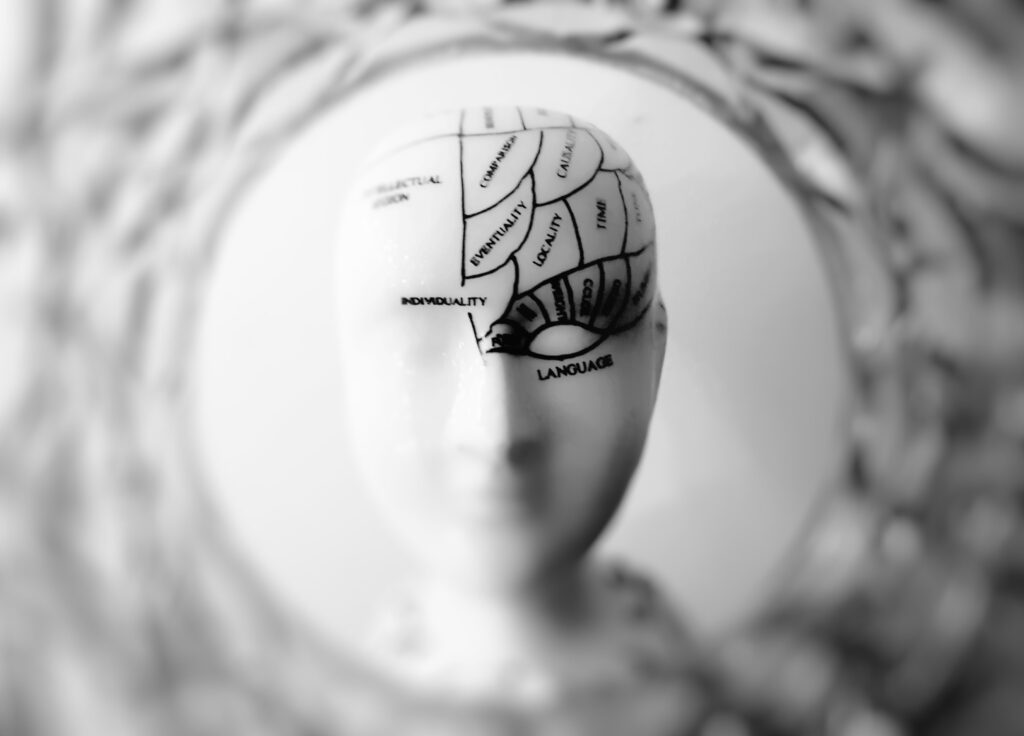A new study underscores just how devastating Covid-19 can be on a person’s long-term health. Researchers from the Imperial College London and the University of Cambridge have linked severe Covid with cognitive decline on par with 20 years of brain aging. For example, someone in their 50s would have the mental capabilities of someone in their 70s, as a result of severe Covid.
The small trial, published in The Lancet’s eClinicalMedicine journal, involved 46 people who had previously been hospitalized with severe Covid-19; 16 of which were put on a ventilator during hospitalization. Six months after their recovery, participants were given a range of complex cognitive tests. They were also matched up with healthy control subjects.
The Study Results
Patients with Covid exhibited slower response times to tasks, and their responses were not as accurate compared to the control group. Covid patients also tested lower than the control group in verbal analogical reasoning tests, which measure cognitive and linguistic skills.
The degree of cognitive difficulties corresponded with the severity of patients’ infections. Those who required ventilation while in the hospital had the most profound reductions in cognitive function.
“COVID-19 survivors were less accurate and slower in their responses than expected compared to their matched controls. Acute illness, but not chronic mental health, significantly predicted cognitive deviation from expected scores. The most prominent task associations with COVID-19 were for higher cognition and processing speed, which was qualitatively distinct from the profiles of normal aging and dementia and similar in magnitude to the effects of aging between 50 and 70 years of age. A trend towards reduced deficits with time from illness did not reach statistical significance.”
While more research is definitely needed, scientists theorize that severe Covid may damage the brain by affecting oxygen supplies and clotting and/or causing bleeds during the acute phase of illness.
Conclusion
“In summary, severe COVID-19 illness is associated with significant objectively measurable cognitive deficits that persist into the chronic phase. The scale of the deficits correlates with clinical severity during the acute phase as opposed to mental health status at the time of assessment, shows at best a slow recovery trajectory and the multivariate profile of deficits is consistent with higher cognitive dysfunction as opposed to accelerated aging or dementia.”






